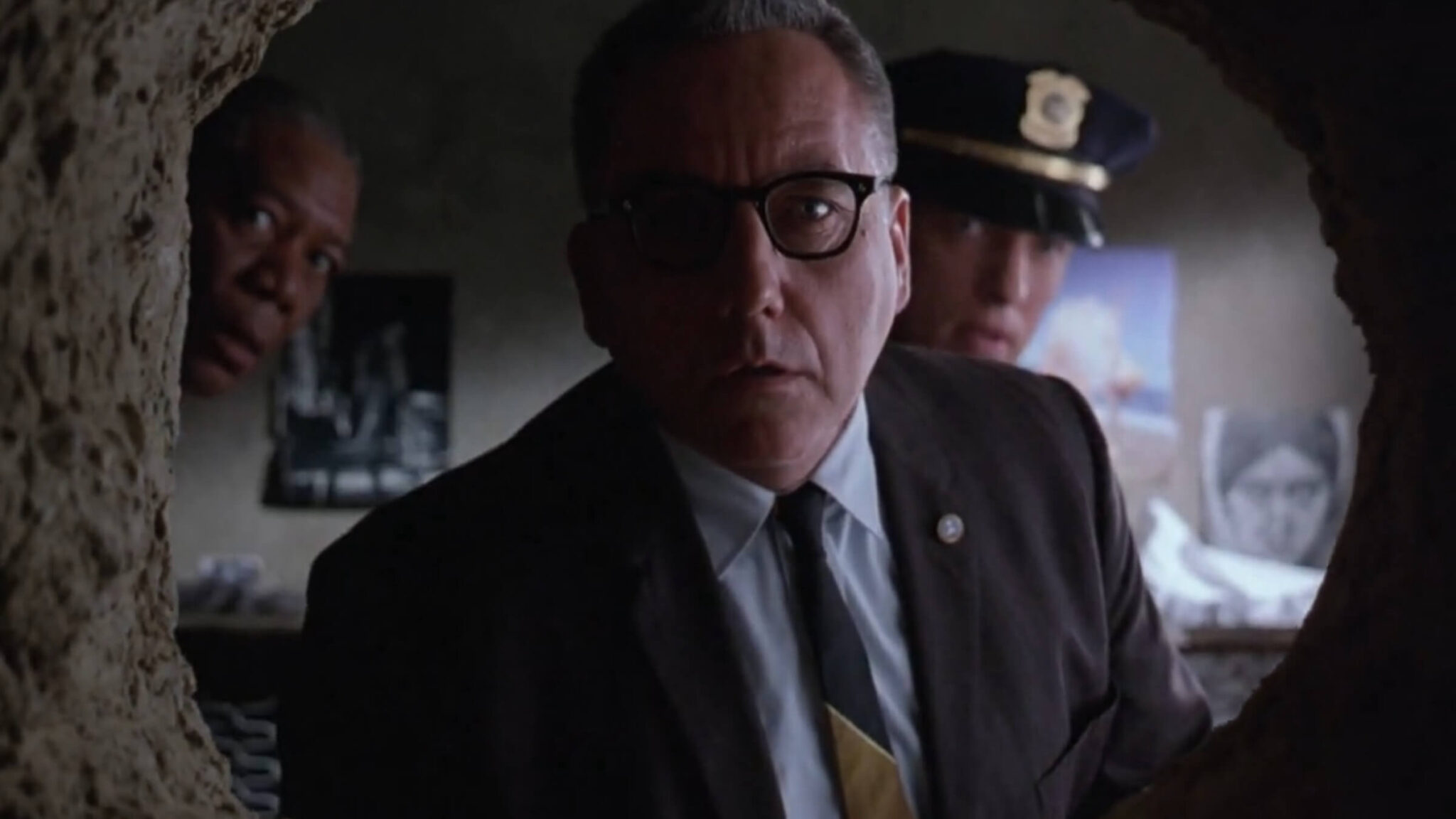Top 10 Takeaways from ScreenCraft’s Virtual Pitch Panel

On Thursday, February 4, ScreenCraft hosted the Virtual Pitch Panel: Pitches That Sell on Facebook Live. The panel consisted of Oscar-nominated screenwriter Vanessa Taylor (The Shape of Water, Hillbilly Elegy, Game of Thrones), TV writer/showrunner Ben Cory Jones (Insecure, Boomerang) and screenwriter Nicole Perlman (Guardians of the Galaxy, Captain Marvel).
Moderated by ScreenCraft’s own Emily Dell (writer/director of B-Girl), the panel focused on the structure, content and delivery of TV and movie pitches, both IRL and virtually. In addition, Jones actually shared a fascinating five-minute pitch for The Rouge, his upcoming TV show about a Black family in Las Vegas trying to restore a once popular casino/nightclub called The Moulin Rouge. This pitch is a must-watch if you’re curious about what a great pitch looks like.
There was a lot of frank and helpful information shared by these Hollywood pros at the live event, which you can watch in full below, but here are the top 10 takeaways.
1. You’re selling a product.
While most of us recognize that writing a movie or TV show takes a lot of craft and artistry, Vanessa Taylor described the process more simply: “With a pitch, you’re a seller looking for a buyer. The baseline of what you want to do is, with great clarity, express to them what it is you’re trying to sell, give them all the markers they need to understand if it’s a product, if you will, that they would want to buy.”
Sounds easy enough, but she admits there’s another layer to it. “On the upper part of that, you want to convince them of your passion, inspire them to think this is a new and exciting thing they must be involved with because it’s so dramatic and cool and you’re so into it and you’re the perfect person to execute it. You’ve plotted it out so well that you have all the answers, and they can trust you to manifest that vision,” said Taylor.
Nicole Perlman agreed, adding that you want to show them that you have a “point of view on the material, a unique perspective.”
2. You’re also pitching yourself.
If the project you’re pitching doesn’t move forward, the producers or studio you’re pitching to may consider hiring you for other projects. Project yourself as flexible and easy to work with. “Especially with television,” says Taylor, “you want to be a person they can imagine being stuck within a room for a long time. A lot of that is being able to think on your feet and take a note.”
3. Why this story now?
It’s one thing to come up with a clever idea, but the best shows and films play into the Zeitgeist, or spirit of our time. Determine for yourself, “Why do we want to hear about it now?” said Taylor, adding, “What is its relevance, why is it thematically interesting, why does it speak to some moment in our culture?” Be sure to know the answer to these questions before you pitch.
4. Pitch structure for TV.
Jones is very specific about how he structures his pitches. “You always start with a logline. I take three or four minutes to talk just about the main character and then I’ll go into the other characters. More importantly about television, you spend a lot more time talking about the pilot because the first thing they are buying is the pilot. I spend a lot of time walking them through the pilot beat by beat. And then you tell them briefly what the season is going to look like,” said Jones.
He said it’s also important to mention the “engine” of the show, or the driving forces behind the story to make clear there’s enough juice to support a whole season of episodes. “Television is all about drive,” said Jones, “What’s going to take you from episode one to two to three to four to five…”
5. Pitch structure for film.
Perlman, who admits she’s not fond of public speaking, likes to eschew the formality of pitching and bring it down to earth. “I always think of it as you just came out of the theater and you’ve seen a movie that knocks your sock off and you’re going to the bar with your friend. ‘Let me tell you why you’re going to love [this move]…’” She says she starts with what about the film resonates with her and “why I’m excited about it and why they should be excited about it.” She then talks about the relevance of the story to now, talks about theme, then launches into the story.
She says she tends to pitch the first act pretty clearly, then the turns of the second act and what leads up to the climax. She recommends focusing on “the trailer moments, the big dramatic, exciting sequences, the character moments and the character turns. But you don’t need to list every little thing or people will start to get glassy-eyed,” Perlman said.
6. Pitching is a performance.
A lot of writers may not want to hear that, but your excitement for your story must translate into the pitch. Jones says, “If you’re a writer, you just have to give in to the idea that you need to perform. If you’re shy or more of an introvert, use that in the pitch. But don’t feel like because you’re not a type A extrovert person that you can’t be successful in this business and pitching. Use whatever you are and lean into that,” he says.
7. Tips for virtual pitches.
Taylor recommends keeping your pitch brief but not rushing through it. “You want to keep them wanting more,” she said.
Perlman believes it’s important for people to see your eyes, so she’ll take off her glasses, make large notes so she can read them, and look straight into the camera. She said it’s about, “Recreating the experience of looking into someone’s eyes.”
Jones says to save time for any questions the people you’re pitching to might have.
8. Share your personal connection to the story.
All three writers believe the story should be personal to you in some way and it’s important to share that connection when you pitch. If you created the story, it’s likely inspired by something from your own life, but you need to crystalize the exact personal connection. It will add meaning and depth to your pitch.
9. Tips for pitching a rewrite.
If a script needs a rewrite, it’s likely because there are story problems. Just remember you don’t know who created those problems – and it’s possible it could be one of the producers you are pitching to as happened to Perlman! Her advice is instead of focusing on what is wrong with the script, focus on what you could bring to the table. “Always be additive,” said Perlman, “You don’t know how [the script] became a disaster.”
10. Write a pitch script and memorize it.
While some writers prefer to read their pitches, the best writers have them memorized. Perlman makes a pitch script and records it on her phone, then listens to it while she’s doing chores. “It sinks into your consciousness. It becomes less onerous,” she said.
Jones’s tip is to pitch to people who are not in the industry. “They will sometimes have great questions. They will help you unearth the less esoteric ideas about your story,” he said.
BONUS: Remember, they want to love your pitch.
Producers really want to find the next big thing and sincerely hope you are the one to bring it to them. Trust your instincts, get to the most interesting parts of your story quickly, and if there’s something specific they need to pay attention to, just let them know. All three writers got better at pitching over time and definitely learned by trial and error. The bottom line: the more you practice, the better you’ll get.
Tags
Get Our Screenwriting Newsletter!
Get weekly writing inspiration delivered to your inbox - including industry news, popular articles, and more!






























